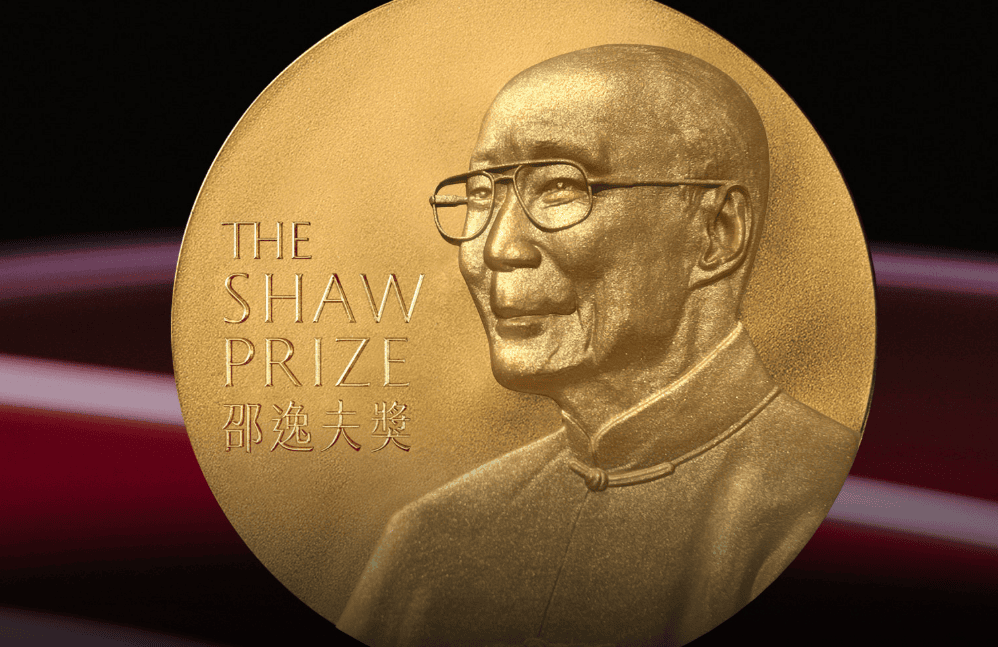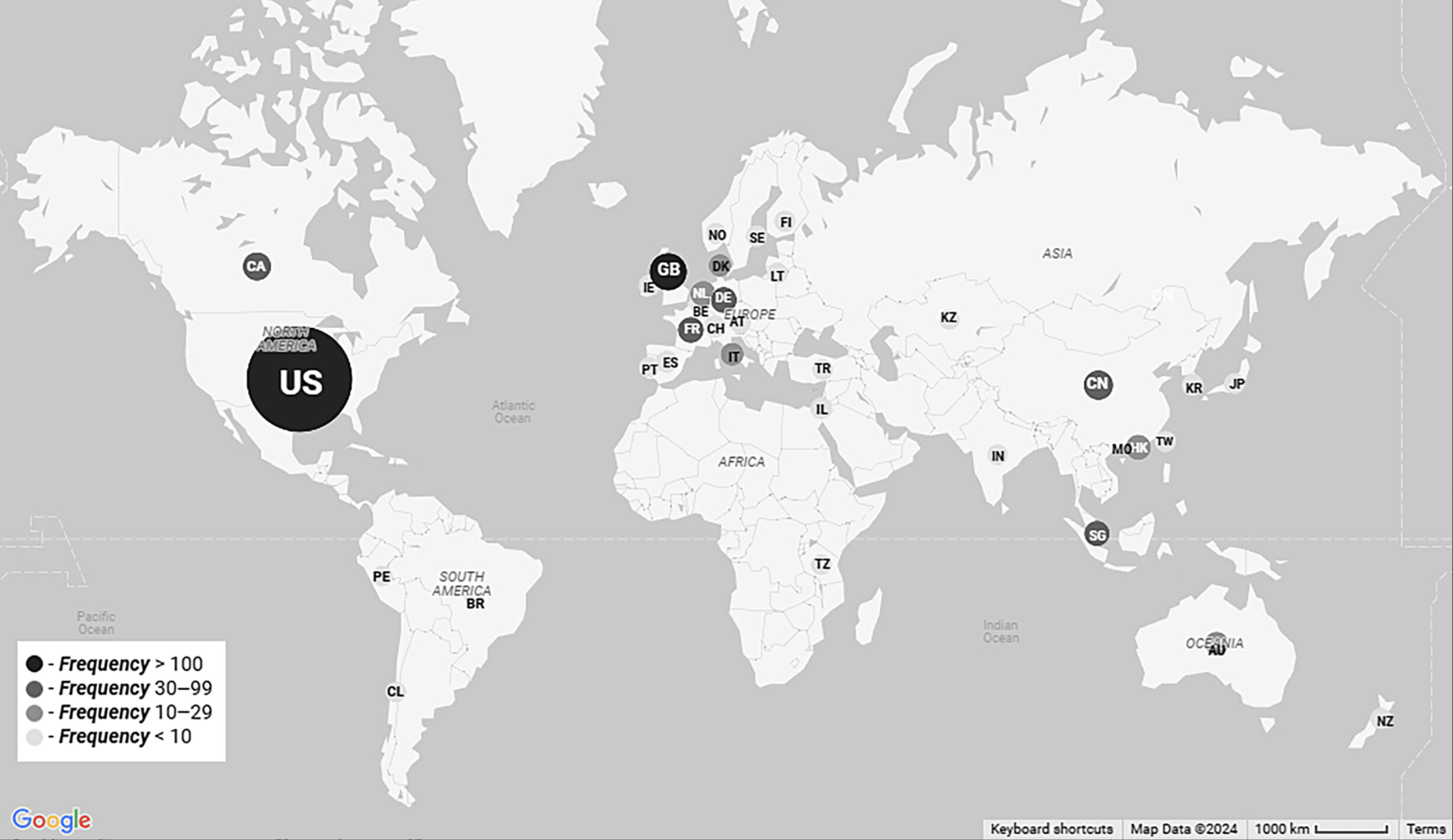
NewsRx Resources
Guides for scientists to do better research
New comprehensive guide!
The Collaborative Research Revolution

How did collaboration, more importantly international collaboration, become such a well-traveled path? What are its advantages and disadvantages? And how can scientists approach collaborations to advance their own discoveries, careers, and contributions?
The 21st Century Scientist
The Internet. Artificial intelligence. Climate change. Pandemics. Read on to explore how life has changed for the 21st century scientists—and why they need to be modern research chameleons in order to thrive.

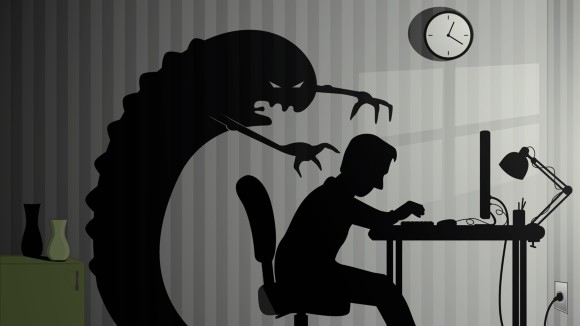
The Challenge of Mental Health in Science
America has a mental health crisis. Read on to learn about how stress, burnout, depression, imposter syndrome, and technology are affecting scientists and researchers, as well as long-lasting, structural solutions.
How COVID Changed Science
A deadly, groundbreaking pandemic demanded intense, immediate response from scientists and unprecedented worldwide collaboration. Here's how coronavirus changed science forever.
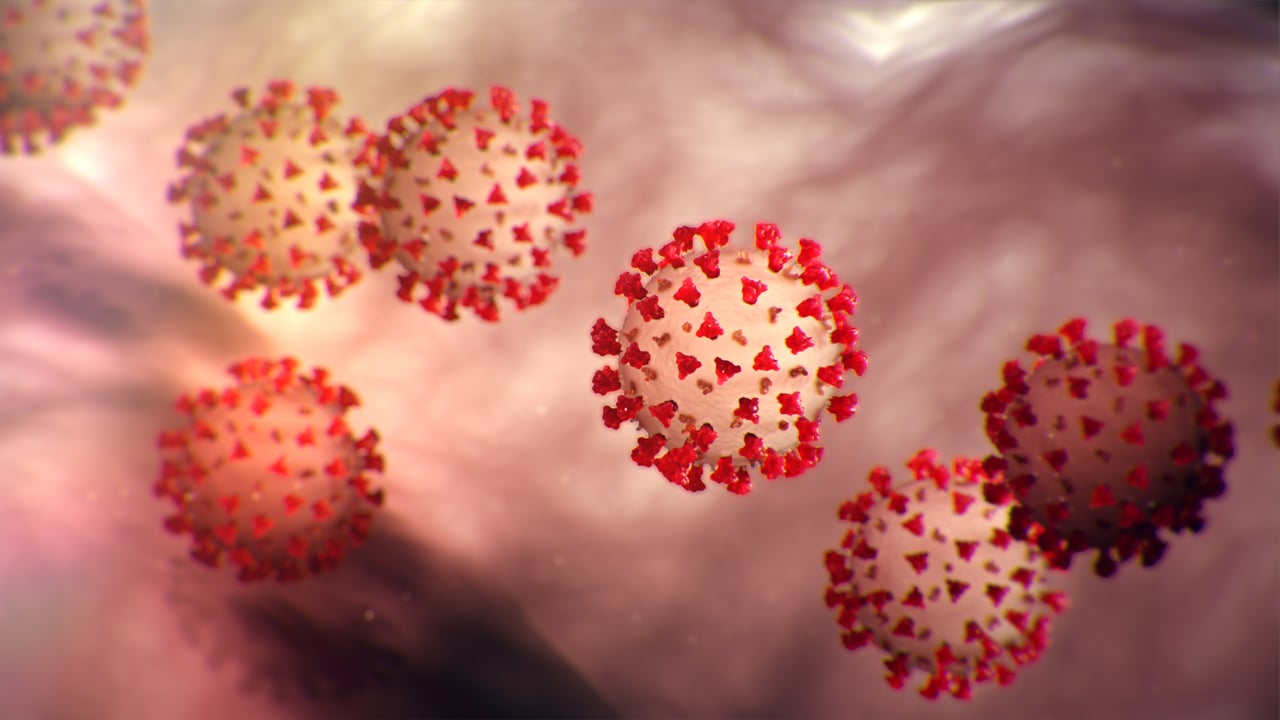
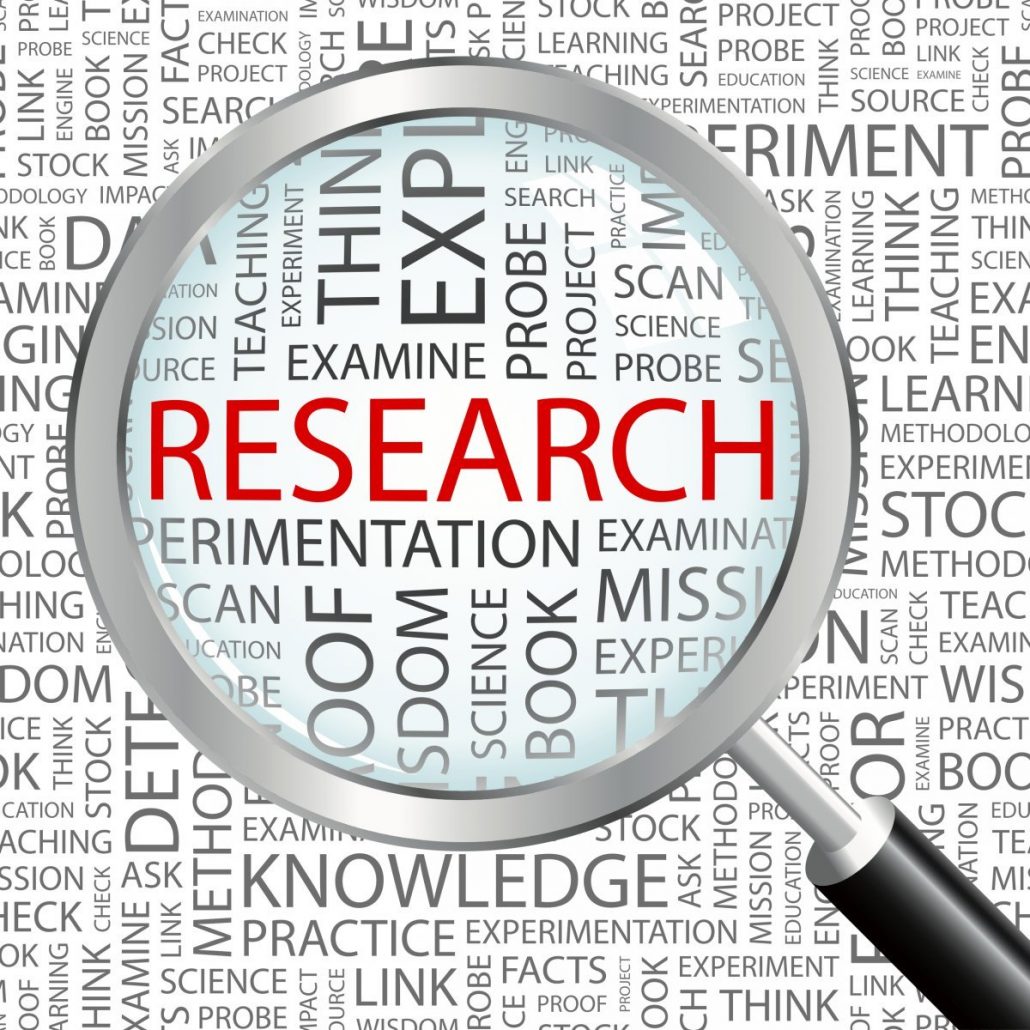
Are Preprints the Future of Research?
Preprints are changing the world of peer-reviewed research before our very eyes. This new method of sharing research before the peer review process begins enables scientists to receive quick feedback, disseminate important information, and even further their careers. Read on to see how preprints have the potential to make scientific research better.
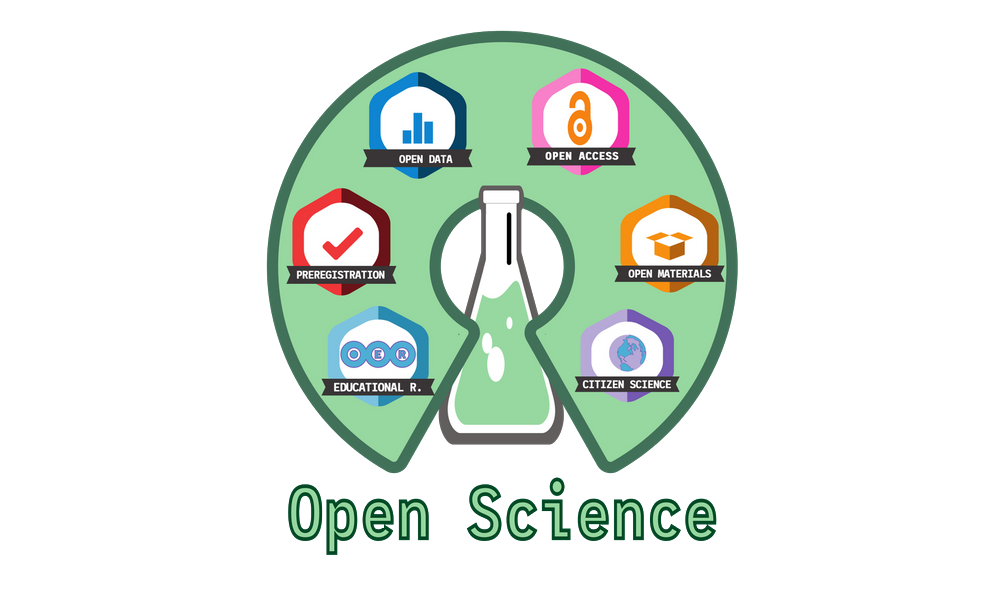
What is the Open Access Movement in Science?
It's not easy for scientists and researchers to get the knowledge they need, with so much of the world's research hidden in expensive journals. A growing movement seeks to publish new discoveries as open access, available for all to see and use, in the spirit of collaboration and discovery. Learn about the trajectory of the open access movement and why it matters to you.

Proactive Research
Learn more about what we're calling Research 2.0, rapidly proving to be a key development in 21st century technology and research. Proactive Research is research that is dynamic and generative, fueled by AI. As one of the world's leaders in developing proactive research technology, we like to consider ourselves experts on the subject.
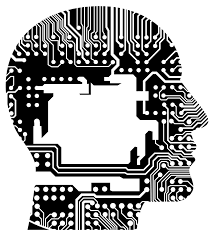
The Knowledge Age
What comes next after the Information Age? It's been asked a thousand times, but never answered properly and thoroughly. In this white paper we give it our best shot, considering the trajectory of technology and the rising prominence of artificial intelligence.
Subscribe Here!
Latest posts
Short articles and guides to research and science trends

.jpg?width=50&name=DSC_0028%20(1).jpg)
